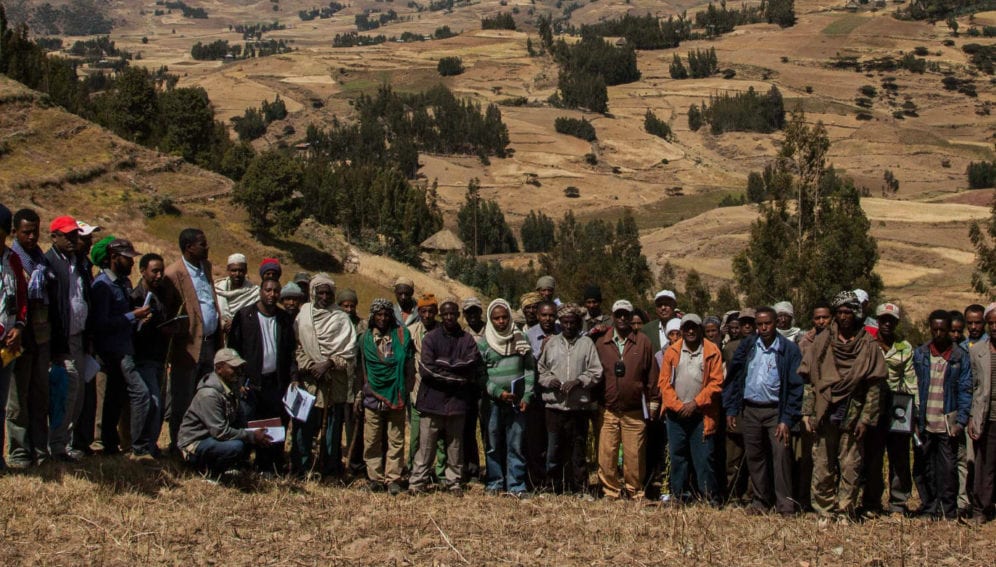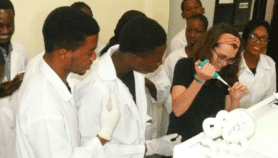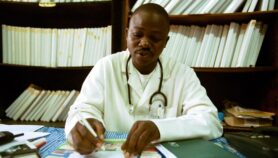By: Dorcas Odhiambo
Send to a friend
The details you provide on this page will not be used to send unsolicited email, and will not be sold to a 3rd party. See privacy policy.
[NAIROBI] A programme to strengthen the capacity of African scientists and institutions to undertake and use research on climate change and its impacts on development has been launched.
The Climate Impacts Research Capacity and Leadership Enhancement (CIRCLE) programme is aimed at strengthening African research skills to enable institutions and researchers to develop home-grown solutions to climate change related impacts at local and national levels.
The programme will focus mainly on climate impact studies, according to Benjamin Gyampoh, a programme officer at the Kenya-based African Academy of Sciences, one of the implementing organisations. The other partner is the Association of Commonwealth Universities.
The project has received £4.85 million (around US$7.83 million) from the UK's Department for International Development under its Climate Impacts Research Capacity Building Programme in Africa over the next five years.
The initial six-month phase, which was launched on 11 September, according to Gyampoh, will, among other things, set out a work plan and identify the potential participating home and host institutions.
Home institutions are research centres and universities from where potential fellows will be nominated while host institutions are the ones where those selected will be placed.
He says a solid climate change research base is lacking in Africa as shown by its scientists contributing less than two per cent of the global climate change publications between 1981 and 2009.
CIRCLE will select 60 fellows with PhDs and 40 fellows with master's degrees in addition to host and home scientific institutions in Sub-Saharan Africa through competitions, Gyampoh tells SciDev.Net.
The fellows will undergo one-year structured research skills development through mentorship by senior researchers in the host institutions. A fellow will also have a senior researcher in the home institution to supervise the research being done.
Gyampoh tells SciDev.Net: " CIRCLE will seek to develop African researchers' capacity to come up with relevant solutions that are best researched, developed, tested and fine-tuned locally to improve uptake and use in local, national and regional policy and implementation. It will also enhance the output of African researchers by increased training and publications".
He adds: "A better understanding of the likely changes in climate, the extent of Africa's vulnerability [and] probable impacts is critical in developing appropriate feasible, cost-effective and sustainable [solutions]."
According to Christopher Oludhe, a senior lecturer at the department of meteorology, University of Nairobi, Kenya, the move is good for Africa where research capacity in climate change is still minimal.
"The programme should focus on adaptation, which is key to Africa for addressing extreme weather events such as prolonged flooding and droughts, and helping people cope with these problems," says Oludhe.
He notes that the programme should not focus on institutions and researchers only but should also work with local communities and tap into their knowledge on how they have been coping with climate change-related impacts.
Such knowledge, he adds, should be consolidated with those from the research to address climate change impacts.
This article has been produced by SciDev.Net's Sub-Saharan Africa desk.














